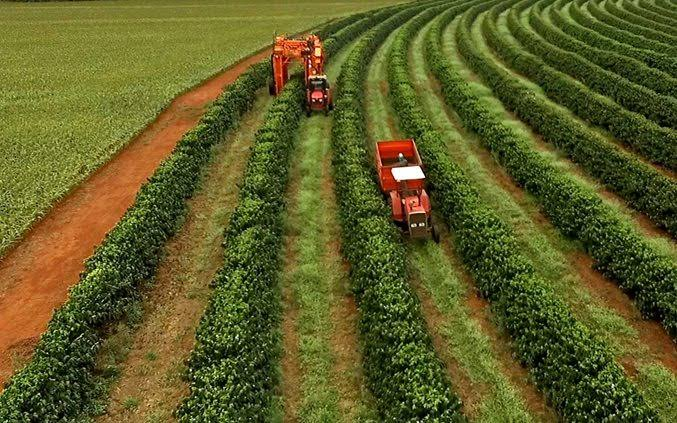The African Development Bank, AFDB has said that climate change is expected to cause a decrease in yields of eight to 22 per cent for Africa’s rain-fed stable crops over the next 20 years.
AFDB’s Vice President for Power, Energy, Climate and Green Growth, Dr Kevin Kariuki made this known in a webinar titled, ‘Are Climate-Smart and Digital Agriculture Solutions the Silver Bullet to Attract Youth?’
Among other things, the webinar highlighted the potential of climate-smart and digital agriculture in attracting young people and, thereby, rejuvenating an ageing global agricultural sector.
Read also: COP 27: AFDB seeks consensus among African nations
In his address, Kariuki said that agriculture across most of sub-Saharan Africa is still predominantly rain-fed hence it remains extremely vulnerable to both short-term fluctuations and long-term changes in climate conditions.
“It is the most exposed sector, with estimates indicating that climate change will cause a decrease in yields of eight to 22% for Africa’s rain-fed staple crops over the next 20 years,” Kariuki said.
The 2022 United Nations Climate Change Conference which is set to hold in November in Egypt, is dubbed ‘African COP’ as the impact of climate change on African countries is expected to take centre stage during discussions. Other issues that will also form the discussions are agriculture and food systems in Africa as well as the role of youths in the climate agenda.
On his part, African Development Bank’s Vice President for Agriculture, Human and Social Development, Dr Beth Dunford, said that while agriculture holds tremendous potential for job creation in Africa, its current traditional form is not attractive to young people for various reasons, including negative perceptions.
He said: “Who wants to wear overalls, dig the field with a hoe or drive a tractor when we can do it in a suit and dust coat, right? However, technology makes agriculture cool enough to motivate them to use tech-enabled enterprises to be part of agricultural value chains.”
Story was adapted from the Guardian.
